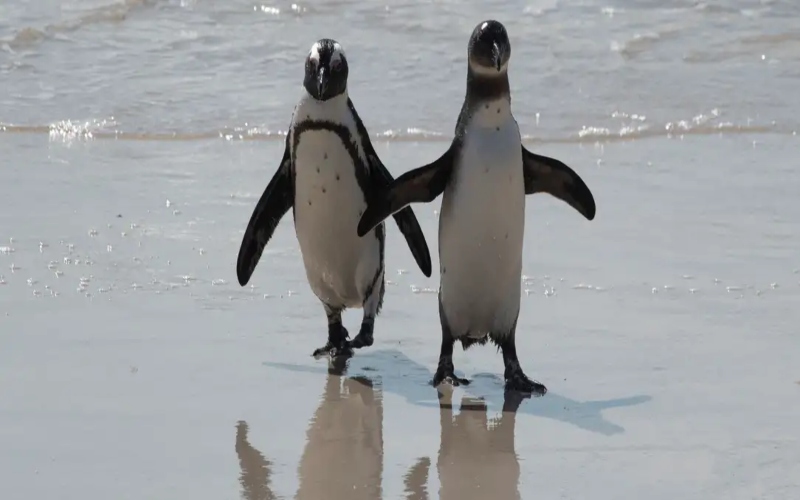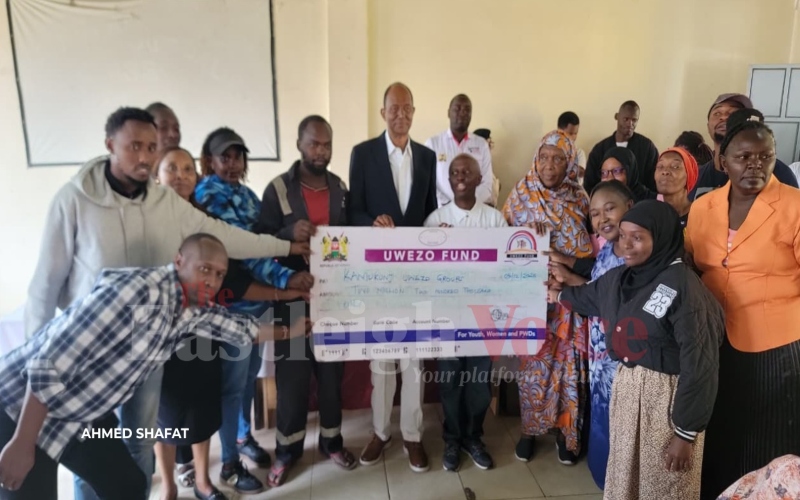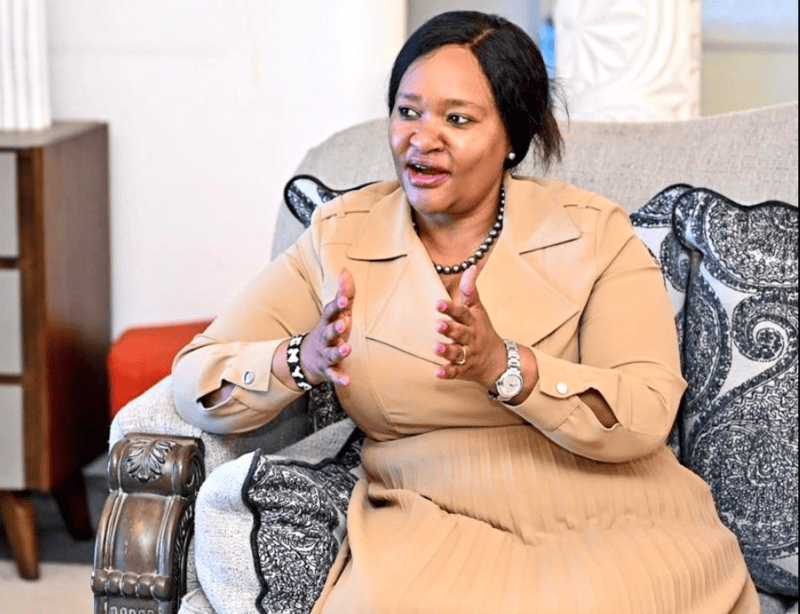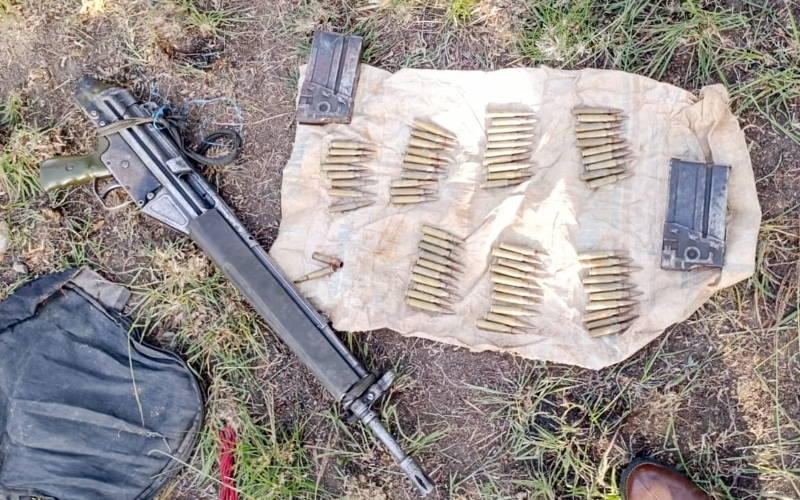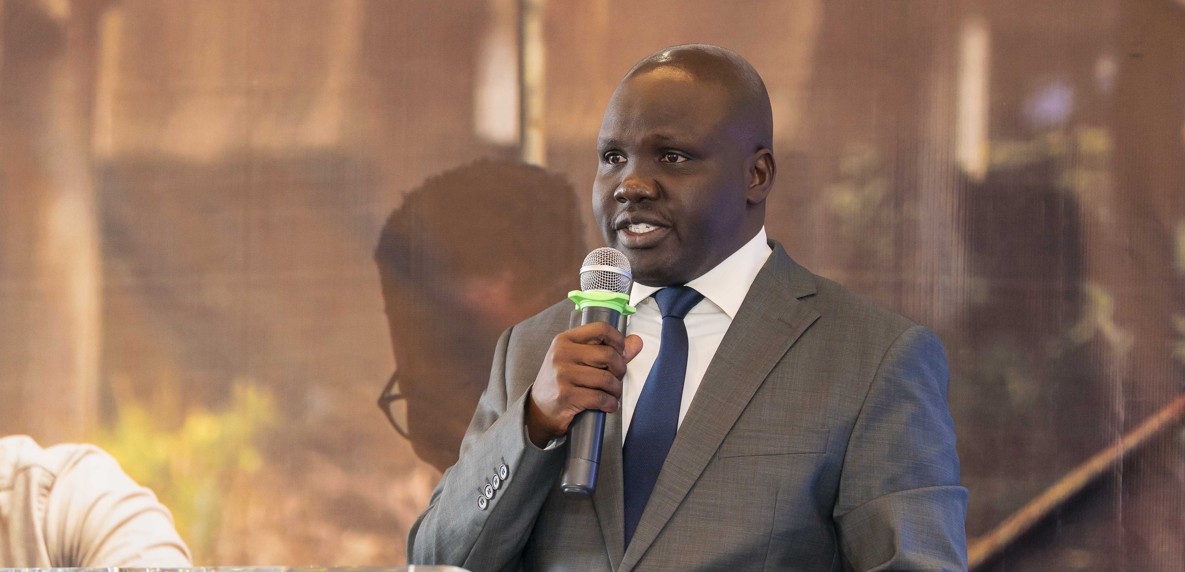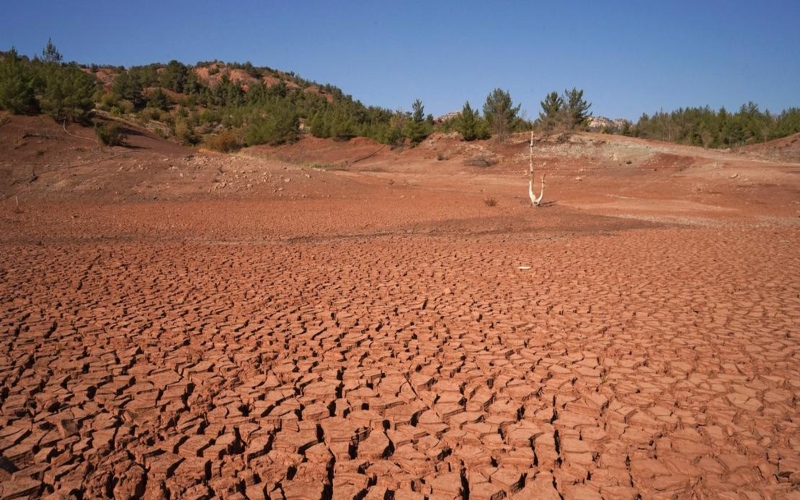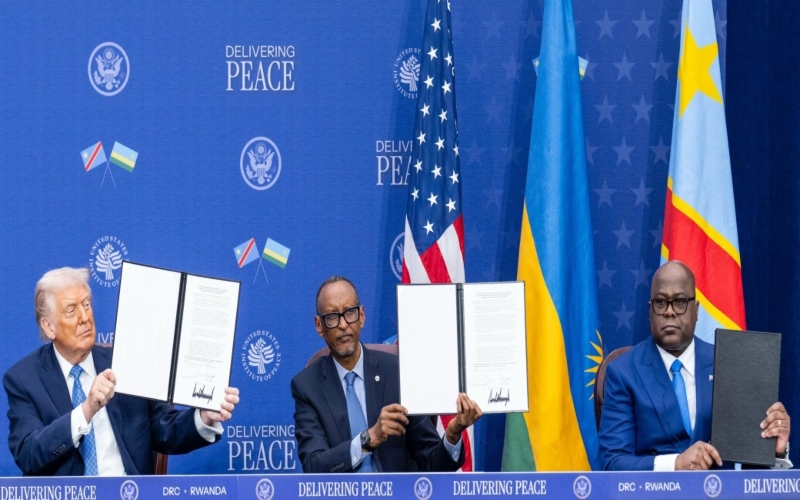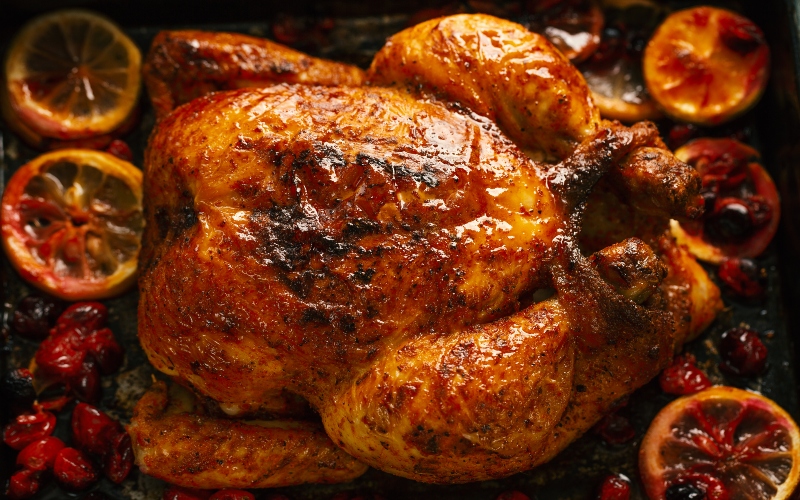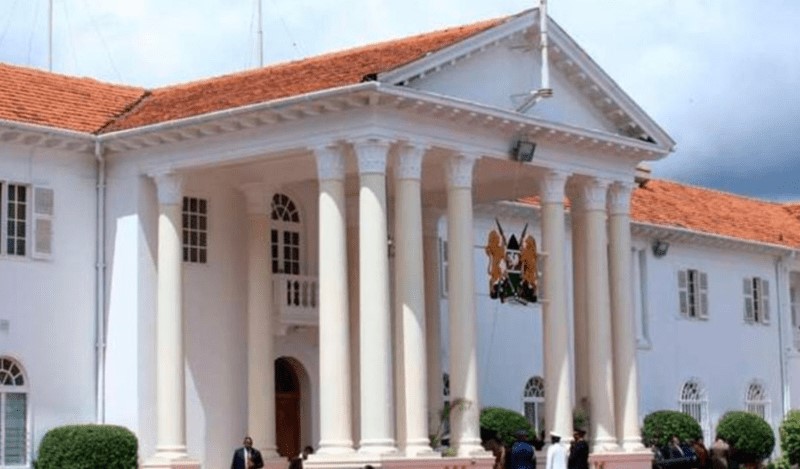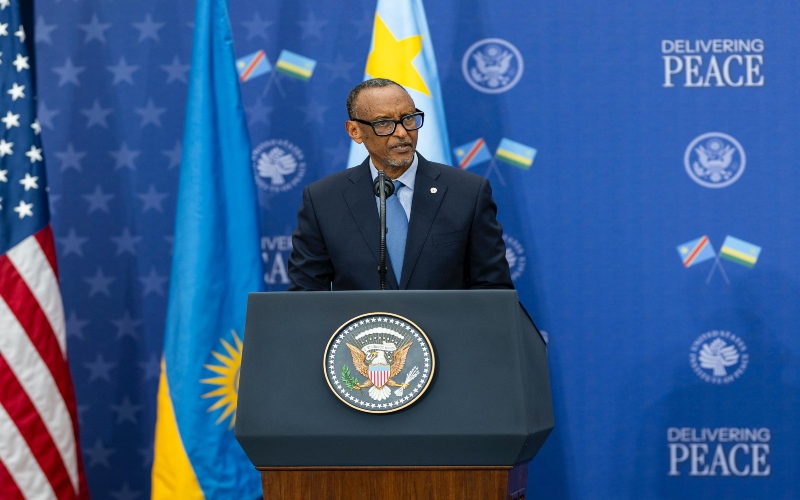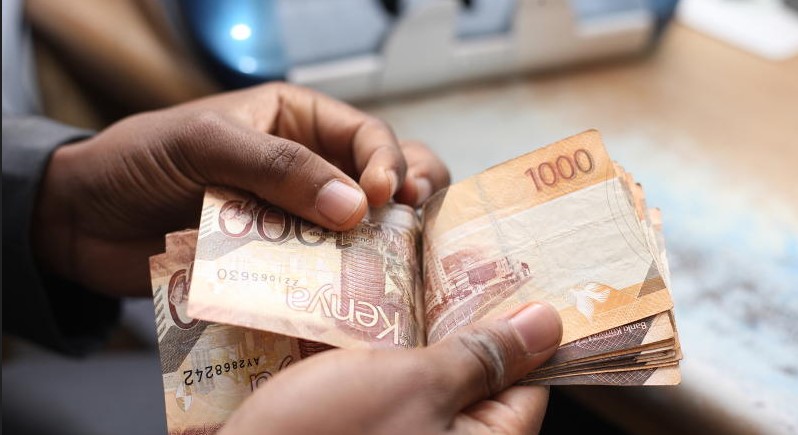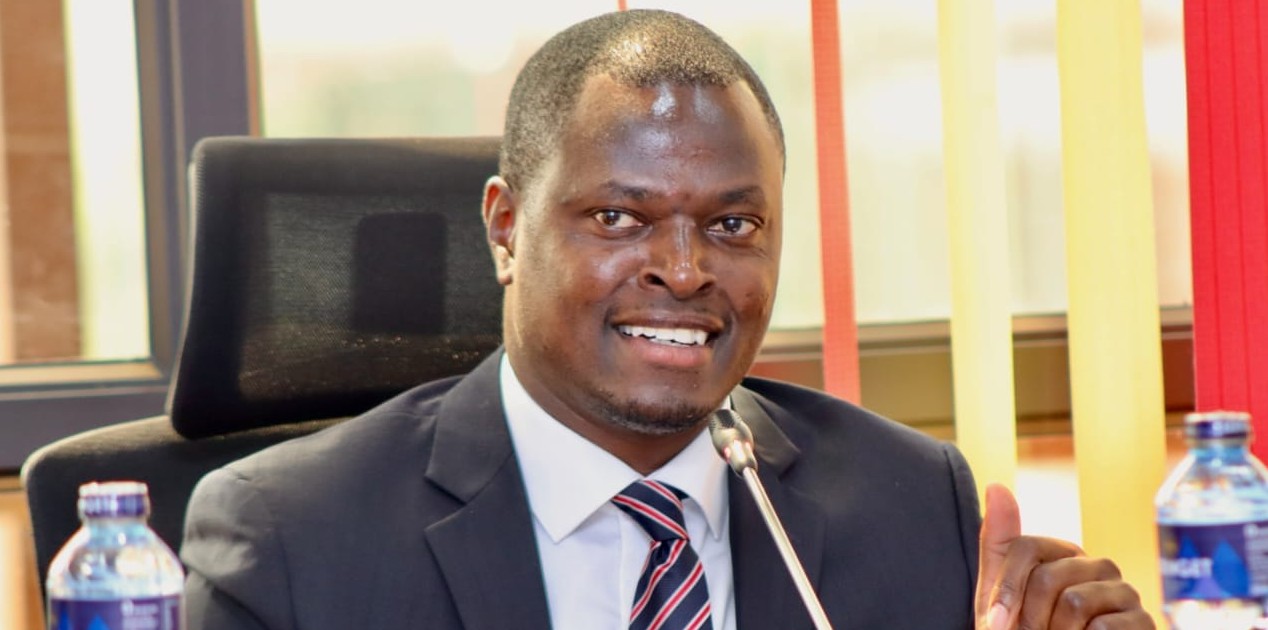Raila lobbies Morocco support for AU top job amid Western Sahara tensions
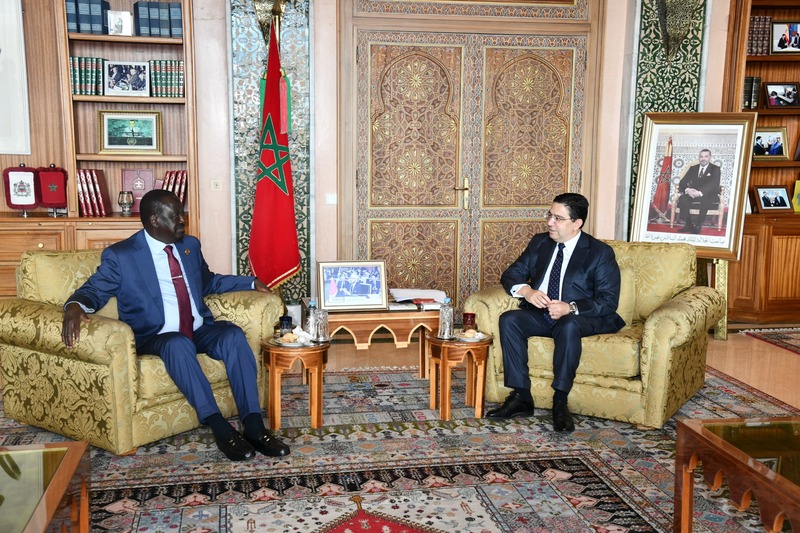
Morocco is a powerful contender in the upcoming AUC elections, given its strategic diplomatic position and influence within the AU since rejoining the body.
African Union Commission (AUC) chair candidate Raila Odinga arrived in the Moroccan capital on Sunday and met with Foreign Minister Nasser Bourita on Monday to gather backing for his candidacy.
His visit comes days after Mahamoud Youssouf, the Djiboutian Foreign Minister and AUC chair candidate, visited Rabat to lobby for Morocco’s support in the upcoming February elections.
More To Read
- Full implementation of NADCO report puts UDA–ODM pre-election alliance under pressure
- Saboti MP Caleb Amisi warns ODM may not survive 2027 after by-election struggles
- Raila Odinga's sister Beryl Achieng dies
- Why fight over ODM threatens party’s future, Odinga dynasty - analysts
- Oburu Oginga declares firm grip on ODM, promises to lead in Raila’s footsteps
- Why ODM should convene NDC meeting over broad-based pact with Ruto- Winnie Odinga
Following their meeting, Morocco’s foreign office shared a brief statement on X: “MFA Nasser Bourita received, today in Rabat, the former Prime Minister of the Republic of Kenya and candidate for the post of Chairman of the African Union Commission, Mr. Raila Amolo Odinga.”
Morocco, a significant diplomatic player in North Africa, rejoined the African Union (AU) in 2017 as its 55th member after a long absence.
Diplomatic sources in Addis Ababa suggest that Rabat can mobilise more than ten votes within the AU through both conventional and unconventional means.
However, Morocco’s foremost foreign policy priority remains its claim over Western Sahara. Western Sahara is a resource-rich former Spanish colony in West Africa.
Morocco has maintained its claim over the region and is pursuing international recognition of its sovereignty.
Raila Odinga has previously voiced support for Morocco’s claim to Western Sahara, having visited Dakhla, a disputed territory within the region.
His backer, President William Ruto, initially attempted to sever diplomatic ties with the Sahrawi Arab Democratic Republic (SADR) during his first day as Kenya’s president.
However, public backlash from Kenyans and other Africans led to a swift diplomatic U-turn.
On the other hand, Algeria, which supports Raila’s AUC bid, continues to back the Polisario Front, a group that has fought for the independence of Western Sahara since the early 1970s.
This has intensified the rivalry between Rabat and Algiers, with political and economic competition likely to heighten as the AUC elections approach.
Djibouti, recognising Morocco’s sovereignty over Western Sahara, is leveraging its diplomatic relations with Rabat to secure crucial votes for its candidate in the AUC chair elections.
Djibouti is vying to replace Chadian Moussa Faki Mahamat, whose term ends in February 2025.
Morocco is a powerful contender in the upcoming AUC elections, given its strategic diplomatic position and influence within the AU since rejoining the body.
Notably, Morocco withdrew from the AU’s predecessor, the Organisation of African Unity (OAU), in 1984 due to its recognition of the SADR.
While Morocco’s return has bolstered its diplomatic objectives, the SADR’s presence and equal voting rights within the AU continue to create tension.
This dynamic promises to set the stage for fierce diplomatic competition among regional powers as the AUC elections draw closer.
Top Stories Today


